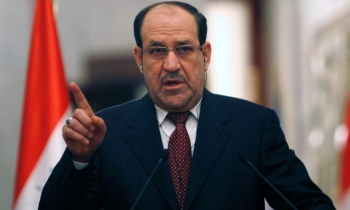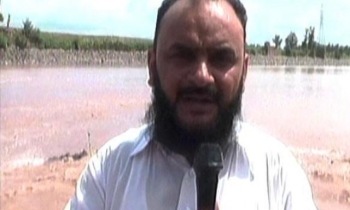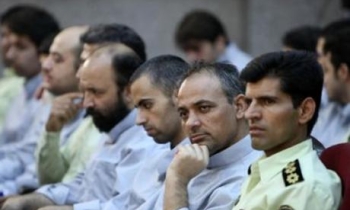WASHINGTON (Reuters) - The U.S. military will continue to pay Iraqi media to publish reports favorable to American forces following an investigation into the controversial practice, the top U.S. general in Iraq said on Friday.
Army Gen. George Casey, commander of U.S. forces there, told reporters in a teleconference from Iraq that the investigation by a Navy admiral ordered by Casey "found that we were operating within our authorities and responsibilities."
Some members of the U.S. Congress raised questions about the payments when it was revealed in December that Iraqi journalists and newspapers were being paid to use articles produced by the military.
Casey said he had not issued an order to halt the payments.
"And, right now, based on the results of the investigation, I do not intend to in the near term," he said.
"However, we will continue to evaluate this over time as the situation on the ground here evolves."
Casey said results of the investigation by Rear Adm. Scott Van Buskirk would be announced in the coming weeks and that some "procedural recommendations" could be made.
Defense Secretary Donald Rumsfeld has said in recent weeks the Pentagon had not done a good job in the information war against enemies like al Qaeda, saying U.S. personnel felt constrained partly due to fear of criticism in the media. The U.S. military has argued it is important to counter what it calls misinformation and propaganda spread by insurgents.
Van Buskirk's inquiry was announced in December after the military confirmed U.S. troops in an "information operations" task force wrote articles with positive messages about the U.S. mission that were translated from English into Arabic and placed in Iraqi newspapers in return for money.
The U.S. command in Iraq at the time said "articles have been accepted and published as a function of buying advertising and opinion/editorial space, as is customary in Iraq."
Some U.S. lawmakers have said the practice could undermine U.S. credibility as American officials try to foster democratic institutions in Iraq and tout its emerging free press.
Rumsfeld said last month that he was mistaken when he stated several days previously that the military had stopped paying Iraqi newspapers to publish pro-American articles.









